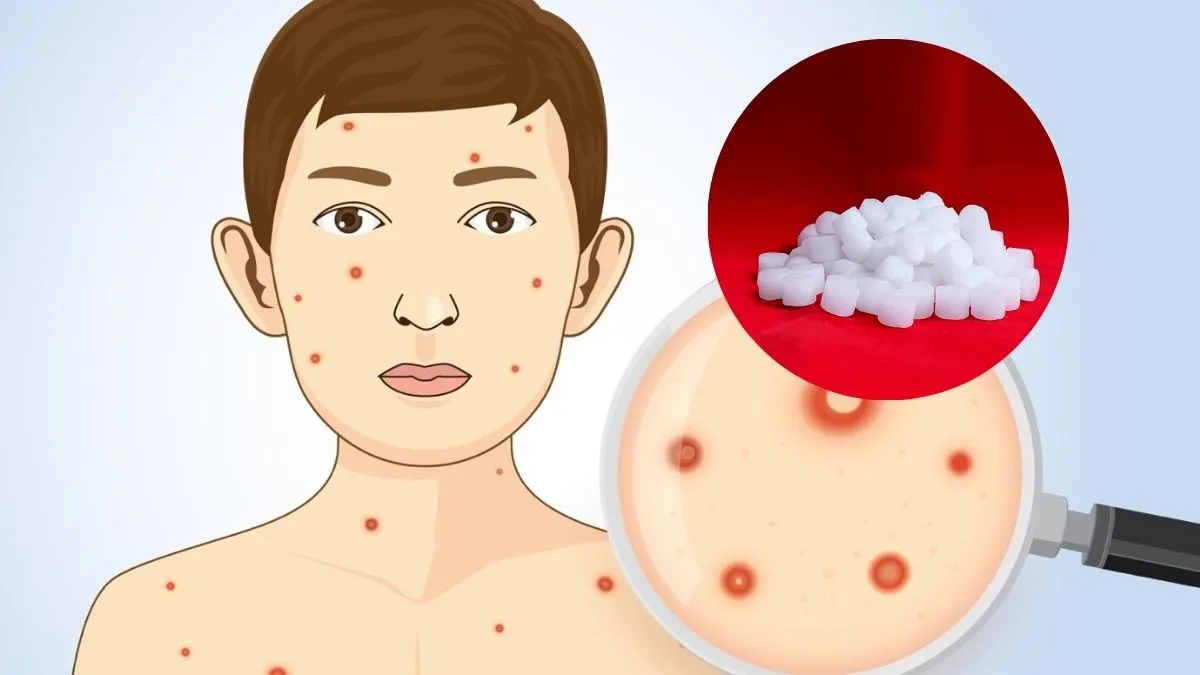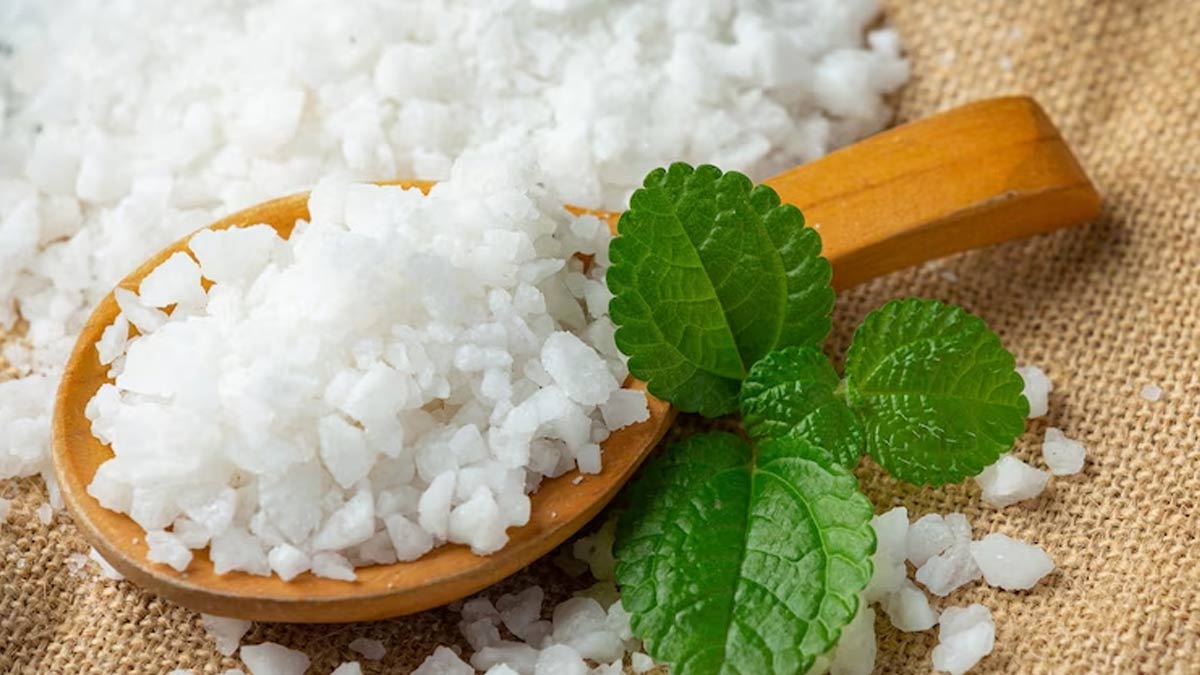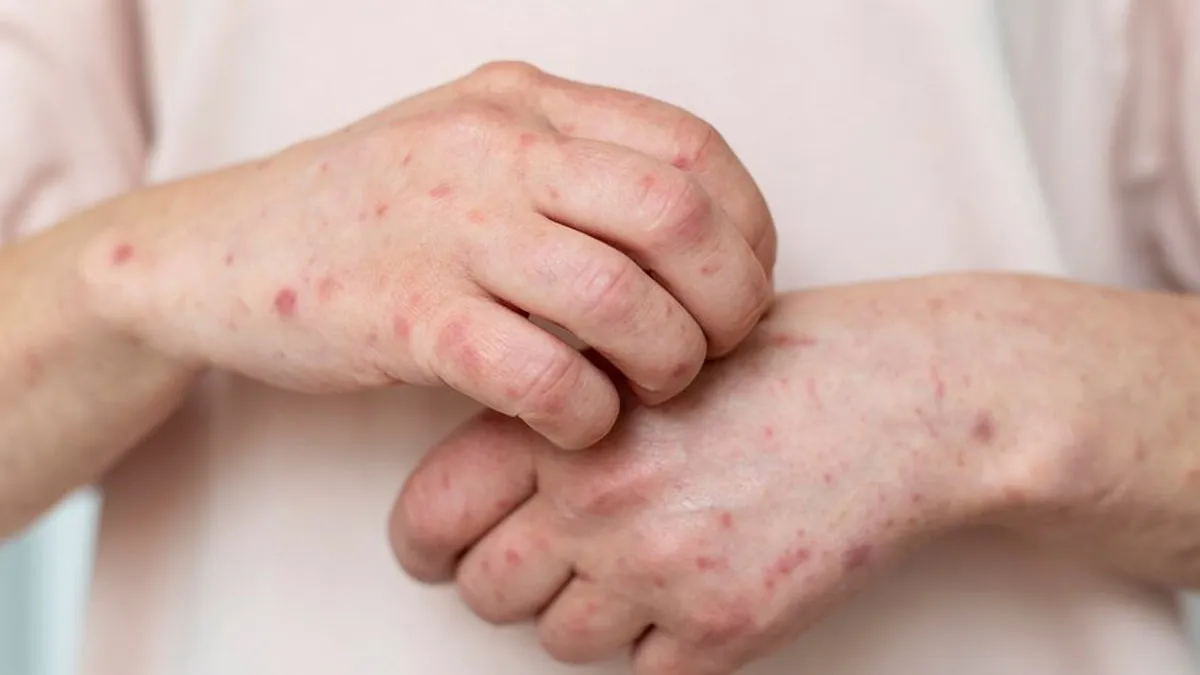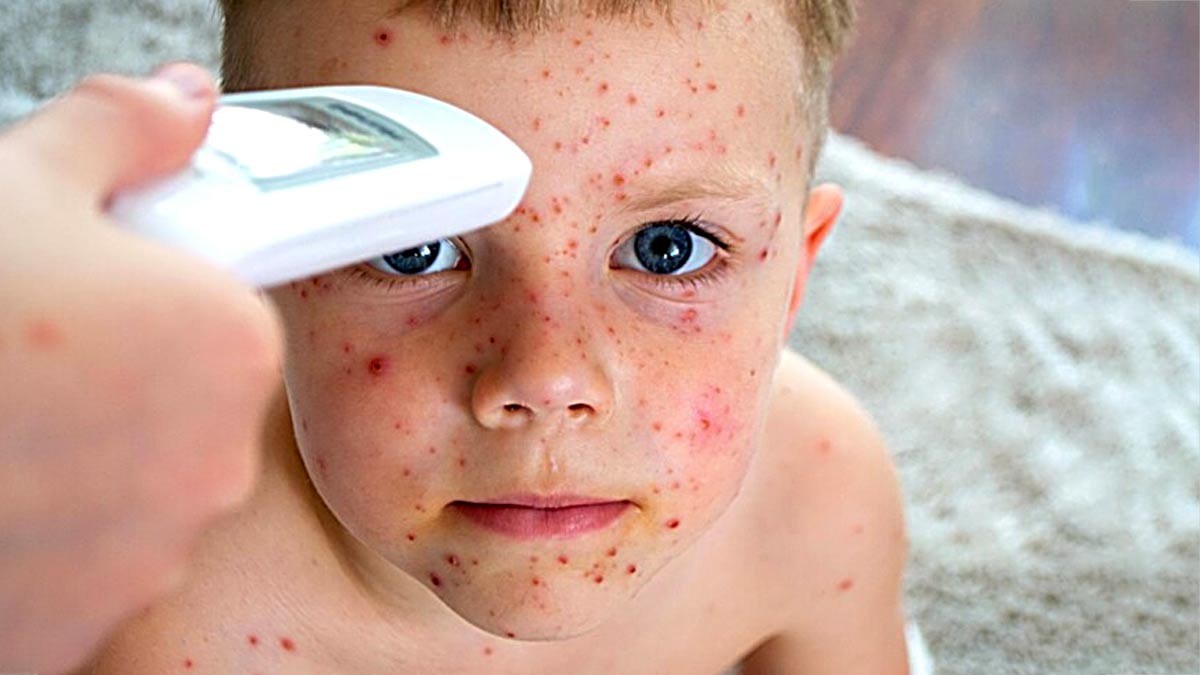
Chickenpox is a common viral infection, especially in children. Though it often clears up naturally, the itching and irritation can be very uncomfortable. Many traditional remedies are passed down through families to ease symptoms, and one such remedy is camphor. Some people use camphor oils or ointments on chickenpox blisters, believing they soothe the skin and relieve itching. But how safe is this practice and especially for children?
Table of Content:-
To answer this, we spoke with Dr Lakshmi Charan, Paediatrics, Apollo Speciality Hospitals, Vanagaram, Chennai, who warns that camphor can be toxic and dangerous when used incorrectly.
Why Camphor Became a Common Home Remedy![]()
Dr Charan explains why camphor gained popularity in Indian homes, “Camphor has traditionally been used because it provides a cooling sensation when applied to the skin. Many people believe this helps relieve itching and discomfort caused by chickenpox rashes. Hence, it often finds its way into balms and ointments used for skin irritation.” While this cooling effect can feel soothing, its use on chickenpox blisters, which are often open or inflamed, is not medically advisable.
ALSO READ: What Are The Differences Between Chickenpox And Monkeypox?
Why Camphor Can Be Dangerous for Children![]()
From a clinical point of view, Dr Charan says, “Medically speaking, camphor is highly toxic, particularly for children. When applied to broken skin, like chickenpox blisters, it can be absorbed very quickly into the bloodstream.”
This rapid absorption increases the risk of poisoning. Even a small amount can cause serious side effects, including:
- Vomiting
- Dizziness or confusion
- Seizures or fits
- Respiratory distress or coma in severe cases
Dr Charan cautions parents: “A very small amount, less than half a gram, can cause poisoning in infants and toddlers. Larger amounts can even be fatal. That’s why camphor should never be applied to chickenpox lesions or given to children in any form.”
Why You Should Avoid Camphor for Chickenpox
The risk isn’t limited to applying camphor on the skin. Children can also accidentally ingest or inhale it, which makes it even more dangerous.“A child may accidentally touch the camphor applied on their skin and then put their hands in their mouth, which directly causes accidental poisoning,” Dr Charan explains.
Here’s what else parents should know:
- Applying camphor to irritated skin can cause redness, burning, or more itching.
- Inhaling camphor vapours can irritate the nose, throat, and eyes, especially in children.
- Large amounts of vapours can lead to breathing trouble or coughing.
His message to parents is clear: “Just avoid camphor for chickenpox or any other open skin condition. It can be very dangerous if used wrongly.”
Safer Ways to Relieve Itching During Chickenpox![]()
If your child has chickenpox, there are safer, doctor-approved ways to ease discomfort and itching:
- Cool baths with baking soda or oatmeal can calm the skin.
- Loose cotton clothing prevents irritation.
- Calamine lotion can help soothe mild itching.
- Keep nails short to avoid scratching and infection.
- Plenty of fluids and rest help the body recover faster.
- Always consult a paediatrician before applying any home remedy or topical cream.
Medical research strongly supports the warnings against camphor use in children. According to a study published in the International Journal of Paediatrics, even small amounts of camphor oil can cause poisoning in young children, with symptoms such as seizures, nausea, and restlessness appearing within minutes. The study also found that most cases of camphor poisoning occur due to topical use or accidental ingestion, reinforcing the need for parents to keep camphor products away from children entirely.
Dr Charan’s message is straightforward: “Camphor may seem harmless because it’s used in many household remedies, but it can be very dangerous for children if used incorrectly. Avoid applying it to any open skin or giving it orally. When in doubt, consult your doctor before using any home remedy.”
ALSO READ: Why People Do Not Get Chickenpox Twice: Management Tips For First Timers
Conclusion
While camphor is a household staple, especially in balms and traditional treatments, its use on chickenpox rashes can do more harm than good. Children are particularly vulnerable to its toxic effects. It’s best to choose proven, safe alternatives like calamine lotion or soothing baths to relieve itching. As Dr Charan emphasises, when it comes to children’s health, being cautious and evidence-based is always the best choice.
Also watch this video
How we keep this article up to date:
We work with experts and keep a close eye on the latest in health and wellness. Whenever there is a new research or helpful information, we update our articles with accurate and useful advice.
Current Version
Oct 25, 2025 15:05 IST
Published By : Vivek Kumar


